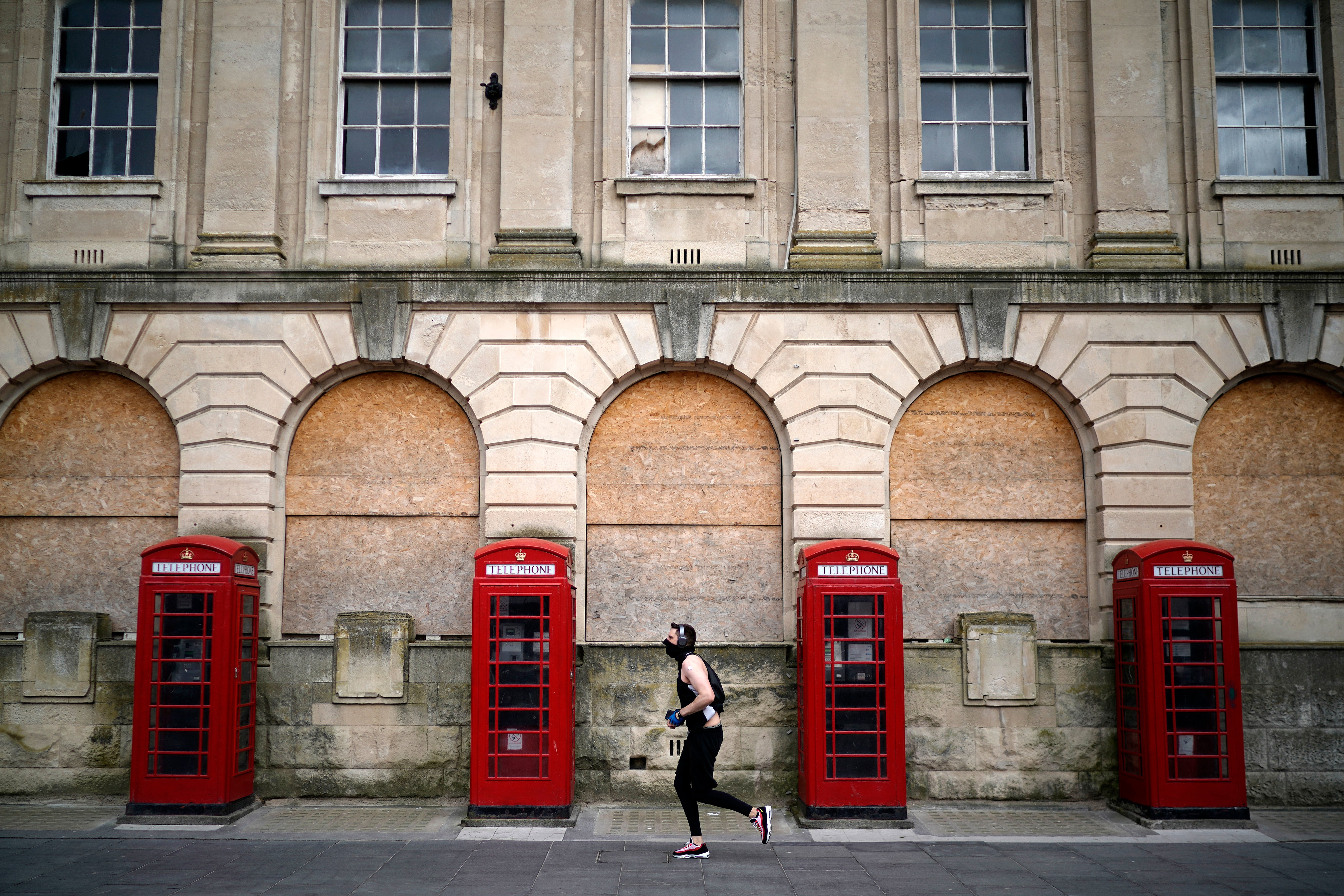‘Covid has brought out the best and the worst in companies’: Where next for British business?
We all want business to take more social responsibility. Thanks to the coronavirus pandemic there’s never been a better opportunity, writes James Moore

Why on earth would a business voluntarily offer to pay back government money, freely given to protect jobs and without any discernible strings attached or any real pressure to do so?
Even if they recognised that they had a wider social role than purely increasing profit – Nobel Prize-winning economist Milton Friedman infamously argued that was a business’s sole social responsibility – it seems counterintuitive.
Voluntarily returning furlough cash, or promising to refuse Job Retention bonuses when your competitors are planning to gobble up such subsidies, in theory puts you at a disadvantage against them.
Subscribe to Independent Premium to bookmark this article
Want to bookmark your favourite articles and stories to read or reference later? Start your Independent Premium subscription today.
Join our commenting forum
Join thought-provoking conversations, follow other Independent readers and see their replies